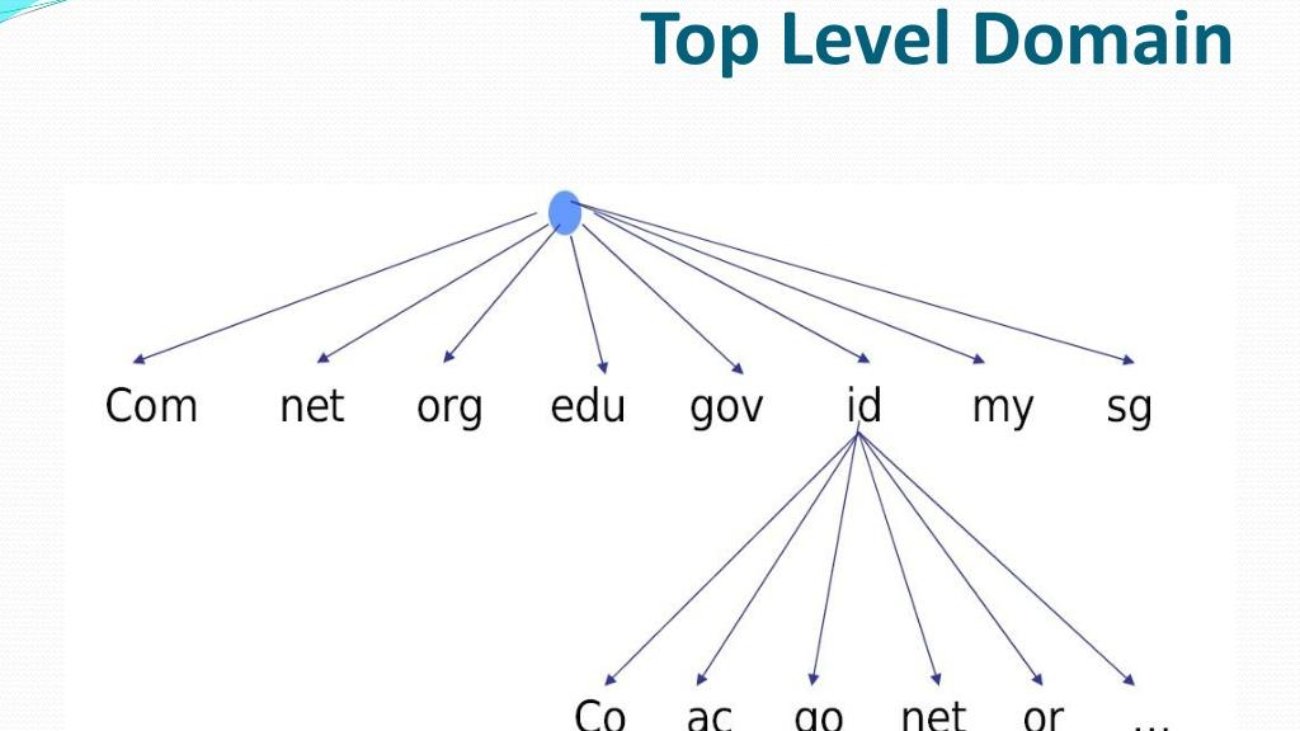Introduction:
The Global Language of SEO Trophies
In a digital world where borders are blurred and brands compete globally, SEO trophies have emerged as a symbol of technical mastery, content strategy, and Domain Authority growth. But what begins as a local or regional SEO win can often blossom into international recognition if done right.
This article explores how SEO trophies scale across borders, what it means for your brand’s Domain Authority (DA), and how Local & Global SEO strategies work together to turn local victories into global triumphs. Whether you’re an agency in Toronto or a freelancer in Cape Town, your SEO trophy journey can travel far beyond your country code.
We’ll cover:
-
What are SEO trophies and why they matter
-
The framework of local to global SEO competitions
-
DA and authority growth across geographic regions
-
Geo-targeted content strategy for scaling up
-
Real-world examples of SEO trophies with global impact
-
Local & Global SEO tips to build international credibility
What Are SEO Trophies?
SEO trophies are awards earned in competitive SEO events and recognition programs ranging from:
-
Local SEO challenges (e.g., regional DA growth contests)
-
SEO Champions Trophy tournaments
-
Backlink outreach contests
-
Content-based competitions by platforms like Ahrefs or Moz
These trophies reward excellence in areas like:
-
DA improvement
-
Traffic growth
-
Link building success
-
Local visibility metrics
-
Keyword performance
But more than just medals or digital badges, SEO trophies reflect real-world authority, link equity, and branding potential.
Why SEO Trophies Matter in 2025
In the age of AI content, saturated SERPs, and ever-evolving algorithms, SEO trophies are becoming trust signals showcasing authentic effort, innovation, and regional dominance.
Here’s why they matter:
-
Clients trust agencies or freelancers with visible achievements
-
DA growth often accompanies competition wins
-
Winning local SEO awards generates media buzz
-
Trophies provide linkable assets often picked up by press, bloggers, and other authority websites
Moreover, SEO trophies don’t stay in isolation the digital footprint they create (PR mentions, backlinks, citation flow) scales naturally with the right strategy.
How SEO Trophies Scale: The Local to Global Pathway
Scaling an SEO trophy across borders doesn’t just mean entering global competitions. It’s about using each local win as a stepping stone to build wider authority, recognition, and rankings.
Step 1: Start Local – Win the Trust of Your Territory
Compete in:
-
City or state-level SEO tournaments
-
Industry-specific DA growth events
-
Google Business Profile optimization challenges
What you gain:
-
Geo-relevant backlinks
-
Recognition from regional media and blogs
-
Local keyword ranking boosts
Pro Tip: Optimize your website for city-level SEO first (e.g., “SEO Consultant in Manchester”) before targeting national or international terms.
Step 2: Convert Local Wins Into Authority Signals
Each SEO trophy should become:
-
A blog post (“How We Won the Toronto SEO DA Sprint”)
-
A media outreach opportunity
-
A press release
-
A case study
-
A badge or trust marker on your site
This creates organic buzz and authority signals, especially when covered by:
-
Regional news sites
-
Local business magazines
-
Niche industry directories
Step 3: Use Local Success for Outreach and Guest Blogging
Mention your local SEO win in outreach emails:
“Hey [Name], we recently ranked #1 in the Lagos DA Growth Challenge and improved our Domain Authority from 18 to 37 in just 90 days. I’d love to share some of those insights with your readers.”
This opens doors to guest posts on global SEO sites expanding your link profile beyond borders.
Step 4: Enter National and Cross-Border Competitions
Once you have regional credibility, target:
-
National-level SEO competitions
-
Global online SEO tournaments like the SEO Champions Trophy
-
Multi-country DA leader-boards
These events have:
-
More competition
-
Higher DA backlinks from sponsors or coverage
-
International traffic sources
-
Global judging panels and recognition
Winning or even placing top 10 will likely bring backlinks from .com, .org, or .net domains boosting your global Domain Authority.
How Domain Authority Scales Across Countries
DA is a global metric, but its strength can be amplified locally or diluted without geo-relevance.
Winning an SEO Trophy Can Lead to:
-
Backlinks from local TLDs (e.g.,
.ca,.in,.uk) -
Geo-based citations
-
Localized trust signals (Google may trust your site more in your region)
-
Content syndication across multilingual SEO communities
To scale this globally:
-
Translate content into multiple languages
-
Use hreflang tags for regional pages
-
Convert your trophy journey into webinars, podcasts, and eBooks
-
Submit to international SEO award sites for secondary recognition
Real-World Example: How a Local Win Led to Global Authority
Case Study: A Kenyan SEO Agency Goes Global
Agency Name: RankSavvy Nairobi
Trophy: Winner of the 2024 Nairobi DA Sprint
Result:
-
Featured in African Business Weekly (DA 60)
-
Guest posted on Moz Africa
-
Shared insights with SEO communities in the UK and Canada
-
Invited to join the SEO Champions Trophy Global League
-
DA improved from 22 to 51 in six months
Their win didn’t stay local it became the foundation for international collaborations and links.
SEO Trophy Scaling Strategies: Do This After Every Win
| Tactic | Why It Works |
|---|---|
| Publish a trophy case study | Showcases real SEO growth |
| Add the badge to homepage | Builds trust + CTR |
| Reach out to regional press | Generates links + buzz |
| Turn it into social proof | Use on LinkedIn, X, Instagram |
| Use it in email signatures | Personal branding edge |
| Submit to SEO directories | Increases citation flow |
| Turn results into webinars | Boosts authority with engagement |
Local & Global SEO Tips to Scale Your Trophy Value
Local SEO Tips
-
Geo-tag your blog content
-
Include city and country names in your URLs, titles, and image alt text
-
Get listed on local directories like Hot-frog, Yelp, and Google Business
-
Use localized schema mark-up
Global SEO Tips
-
Create multilingual, multi-country landing pages
-
Build links from international forums and blogs
-
Target international keywords (e.g., “best SEO agency Europe”)
-
Submit guest posts to global SEO platforms (Search Engine Journal, Ahrefs, etc.)
Final Thoughts: SEO Trophies Are Just the Beginning
Winning an SEO trophy is not the finish line it’s a launchpad. With the right local-to-global scaling strategy, a regional DA challenge victory can become your gateway to international SEO dominance.
Treat each trophy as:
-
A branding tool
-
A backlink magnet
-
A storytelling asset
-
A ticket to global rankings
SEO in 2025 is not just about ranking it’s about reputation. And nothing builds reputation faster than proof of success, recognized across borders.
Turning Trophies Into SEO Authority Flywheels
Winning an SEO trophy is a single event but what happens afterward determines the true long-term SEO value. To scale across borders effectively, you must build an SEO authority flywheel that keeps compounding over time.
1. Leverage Every Mention for Authority Links
After a trophy win:
-
Contact journalists and bloggers: Offer interviews or quotes about your win.
-
Pitch podcast appearances: Discuss strategies that led to victory many hosts love real-world case studies.
-
Submit your story to niche newsletters: SEO newsletters (like TLDR SEO, Growth Memo) can amplify your win to international audiences.
2. Turn Trophies Into Shareable, Linkable Assets
Repurpose the win in multiple formats:
-
Infographics: “How We Won the SEO Champions Trophy Our 90-Day Game Plan.”
-
Video breakdowns: Walk viewers through your site audits, backlink strategy, or content playbook.
-
Webinars or workshops: Teach others how to compete while building topical authority and earning backlinks.
This not only boosts traffic but positions your brand as a mentor or thought leader, which Google’s E-E-A-T guidelines reward.
Building a Personal or Company Brand With Trophies
Whether you’re a solo SEO expert or running an agency, SEO trophies help build a brand narrative. Use them as:
-
Evidence in client pitches or proposals
-
Material in LinkedIn thought leadership posts
-
A trust signal on agency pages or pricing decks
Over time, your brand becomes synonymous with results, authority, and trust all crucial for standing out in crowded local and global markets.

